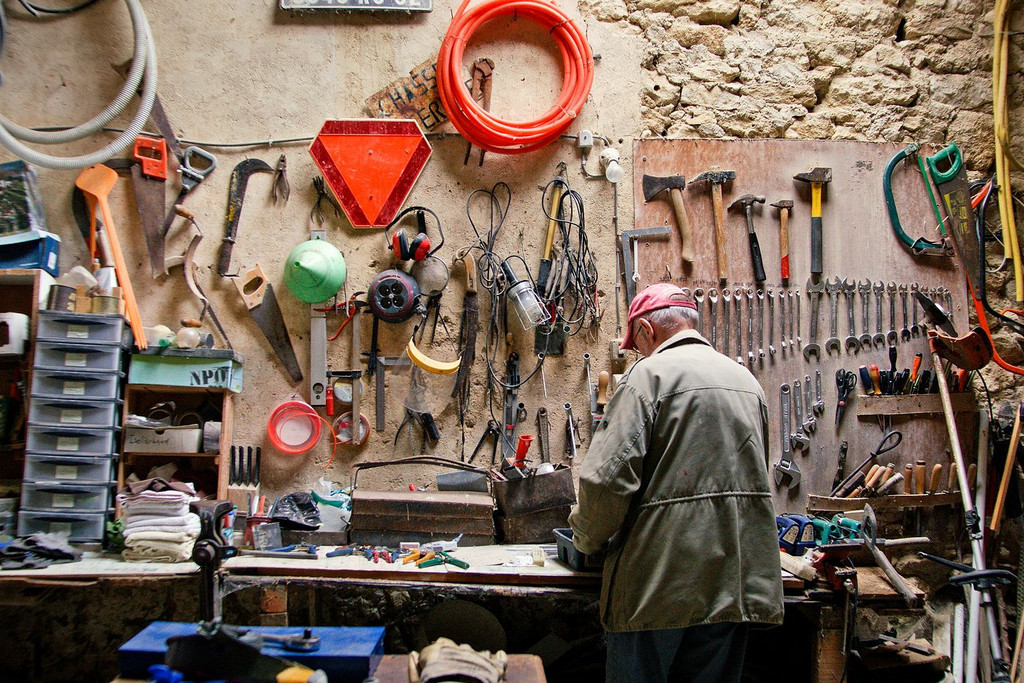Cinemas shut, shooting on hold, film festivals cancelled. For almost two months, the lockdown imposed in Switzerland to protect inhabitants from the COVID-19 pandemic brought the film industry to a standstill.
Whether to kill time or to indulge their passion for cinema, people in lockdown from all over the world have turned to streaming or video on demand (VOD). Film consumption has reached record highs. Industry leader Netflix has recorded the strongest growth levels since its creation. But in the midst of the giant American platforms, small Swiss productions are invisible.
Swiss cinema is promoted on local portals, such as Cinefile, Filmingo and Artfilm, which also saw rapid growth at the height of the COVID-19 pandemic. The number of Filmingo users quadrupled. Cinefile recorded five times more viewers than throughout all of 2019, while the little platform Artfilm, dedicated exclusively to Swiss productions, saw 20 times more traffic than usual. But despite this significant growth, streaming will not be able to save Swiss cinema, according to key actors in the sector.
Streaming is not a business model
Laurent Dutoit, CEO of distribution company Agora Films and owner of several independent cinemas in Geneva, considers that local portals have made it possible to “maintain contact with the clientele and preserve the cultural side of things”. “However, the increase in the number of users is insignificant compared to the drop in people visiting the cinemas,” he states.
One week before the lockdown, Agora Films brought out the documentary “Citoyen Nobel”, directed by Stéphane Goël from Lausanne, on the subject of Jacques Dubochet, winner of the 2017 Nobel Prize for Chemistry. “We tried to release the film again when we re-opened, but it was too late. We lost 10,000 tickets for that film alone, which represents a loss greater than all of the viewings of Swiss films through streaming for the entire period,” he explains.
Even if streaming is winning over a growing number of viewers, it is cinemas that generate sales revenue. The CEO of Agora Films estimates that the cinema accounts for more than 50 percent of film earnings, while streaming makes up a maximum of 20 percent. “On the big platforms, which are the ones that work best, there is even more competition from American films,” remarks Dutoit.
Save Swiss cinema by saving the cinemas
In Switzerland, the most successful VOD service remains that of the country’s primary telephone operator, Swisscom TV. “But people watch the films that are advertised on the home page, which are those with the greatest potential commercial value,” comments Dutoit. As such, Swiss auteur films have low visibility. The prognosis of this distributor is clear: “Swiss cinema won’t survive on its own. If we want to save it, we have to ensure the survival of cinemas and independent distributors.”
Watching a film on the big screen from the comfort of a cinema chair and eating popcorn is a collective experience. Director and President of the Swiss Filmmakers Association (Association Suisse des scénaristes), Barbara Miller, highlights the need to preserve the idea of the cinema as a meeting place, but also a place for exchange with the audience, particularly during festivals. “Streaming is a reality and it is set to grow. But I hope that it won’t become too popular, as it would really detract from our sector,” she comments.
Glimmer of hope
The director fears the “Americanisation” of the seventh art. To fight against this phenomenon, the Swiss cinema industry is placing its hopes in the amendment of Switzerland’s Film Act, currently under discussion in parliament. Under the amendment, online providers would be required to invest at least 4 percent (gross) of their receipts in Swiss cinema, or else pay a corresponding tax. These platforms would also be required to ensure that European productions make up 30 percent of the films in their national catalogue. “This would make it possible to guarantee the screening of independent films, andprevent the disappearance of our culture. This type of measure already works very well in other European countries,” concludes Miller.
Local portals offering films through streaming:
www.filmingo.ch/en/
www.artfilm.ch/en/artfilm-ch
www.en.cinefile.ch/
Katy Romy is AN EDITOR WITH Swissinfo. www.swissinfo.ch


















Comments